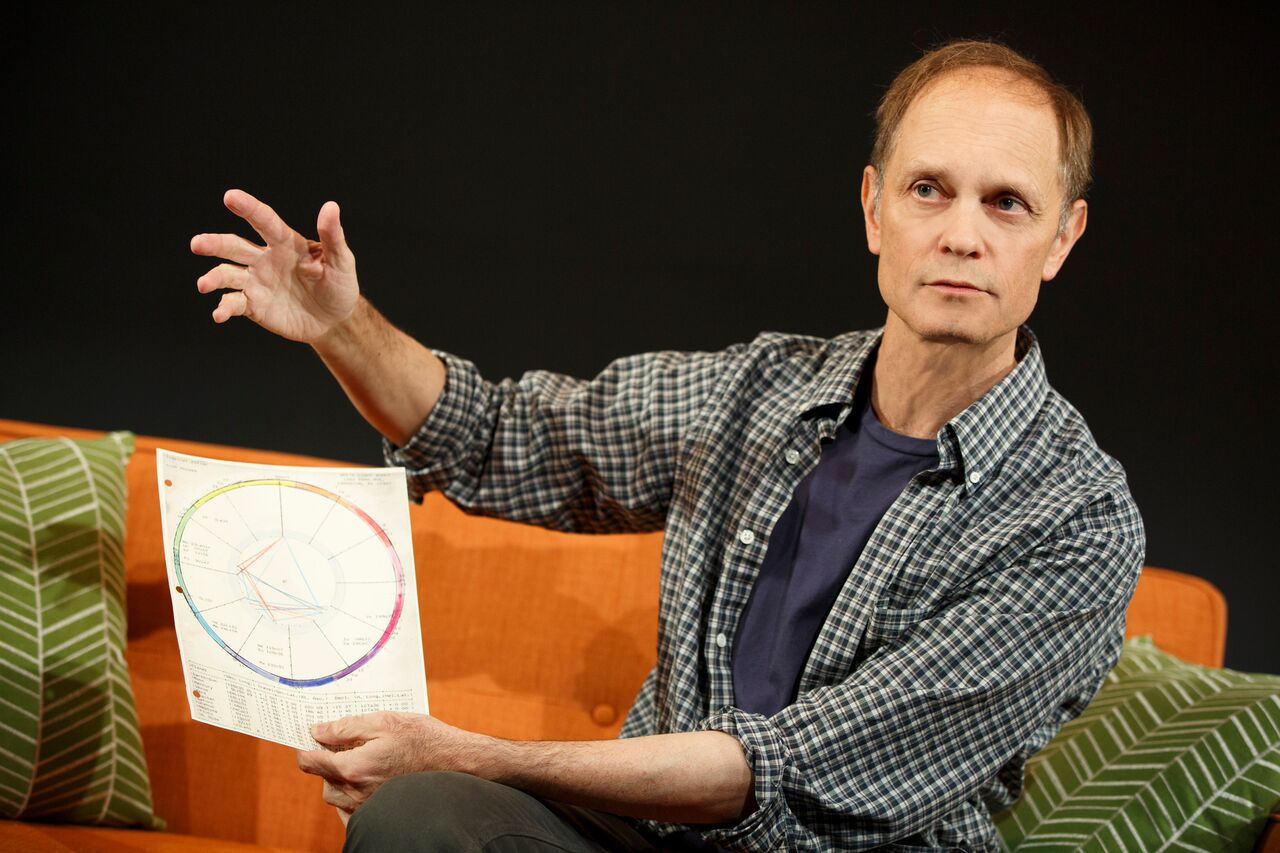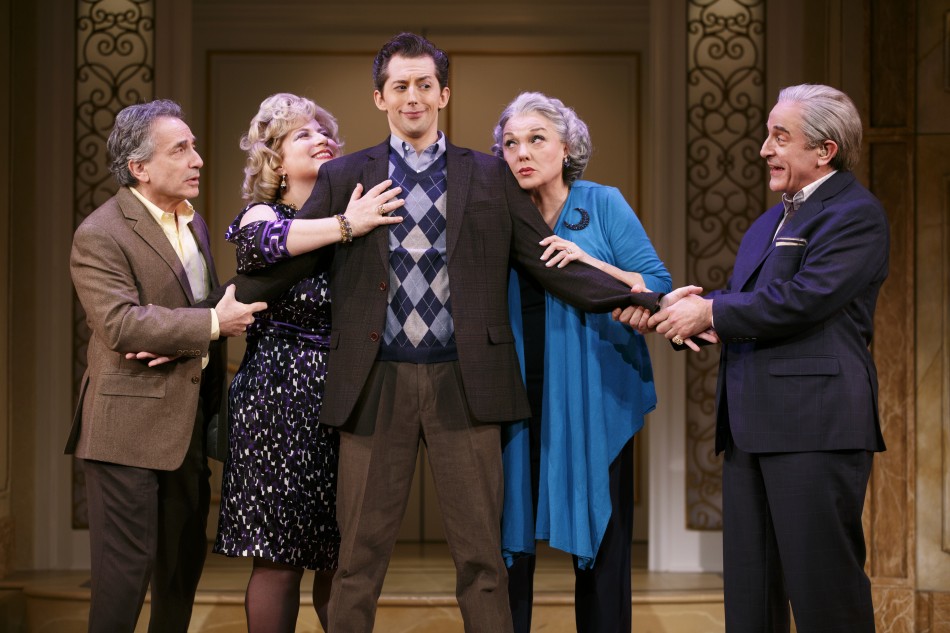by: Paulanne Simmons
The 1918 Spanish flu (which actually began in France) infected 500 million people worldwide and killed 50 to 100 million, mostly healthy young adults, who had the strongest immune reactions.
To a great extent, the disease was spread by the transportation of troops during WWI. But because of the need to maintain wartime morale, it was only in neutral Spain that the government did not censor reports of the gravity and sweep of the disease, hence the belief that the disease originated or was most prevalent in that country.
This is the background for Canadian playwright Kevin Kerr’s 2001Unity (1918), currently staged at The Gene Frankel Theatre by Project: Theater and helmed by KJ Sanchez. The play takes place in Saskatchewan, where Beatrice (Jessi Blue Gormezano), a farmer’s daughter, her sister, Sissy (Alexandra Perlwitz) and Beatrice’s friend, Mary (Alicia Dawn Bullen) anxiously await the return of the soldiers.
Mary’s boyfriend, Richard, is fighting in France. And Beatrice is pining over another soldier, Richard’s friend, Glen. But for the most part, the actual war does not seem to have much impact in this little town on the Canadian prairie.
In fact, although many people die in the play, a good deal of those deaths have nothing to do with war. Old Mr. Thorson, the undertaker, dies of alcoholism. The farmer, Stan (Joshua Everett Johnson), loses his wife, Ardell, during childbirth. Alfred Spooner gets decapitated when he falls in front of a mower on the Dent farm. Sissy believes the world is coming to an end because she has read the Bible, not the newspapers.
When a blind war veteran named Hart (Joe Jung) arrives by train, he is not particularly concerned with the flu or the war. He has a long conversation with Sunna (Beth Ann Hopkins), Thorson’s 15-year-old niece who takes over his business, but it is about how corpses are disposed of and not his experiences in battle. Even when the flu does start taking lives, well into the play, its reality alternates with dream sequences and visions.
Many of the references to actual events of the day come from Doris (Melanie Rey), a telegraph operator, and Rose (Wendy Bagger), a telephone operator, who preside over the action like a chorus in a Greek play. It’s a curious result of that casting that Rey and Bagger make their characters the most interesting in the play and their dialogue the most lively.
Unity (1918) may be set during a flu pandemic but it is really a meditation on death. Sunna muses over Thorson’s corpse, “You never die, do you Uncle? People die, but you never do. Because how do you do that? Death is not being alive – and since being alive is what you know, experience, well how can you experience death?” Hart tells Beatrice, “I guess it’s when there’s so much traffic between this world and the next the space between them is stretched out of shape. The wrong people fall over to the other side and angels slip out of heaven and wander around down here bumping into things.”
With its eighteen short scenes and dialogue that seems more like pronouncements than conversation, Unity (1918) is an expressionistic play about spiritual awakening in particularly trying times. It demands acting and direction that can make ethereal figures solid and bring disparate parts into a coherent whole.
Unfortunately, although Project: Theater is a young and promising company, it is not quite up to such a difficult assignment. The actors seem to be wandering through the play, unsure of what it is about or who their characters are. Sanchez has imbued the production with interesting atmospheric effects. But this is not enough to make one not wish that, as Sissy keeps predicting, the end is near.
Unity (1918) runs through Aug. 23 at The Gene Frankel Theatre, 24 Bond St. at Lafayette, www.projecttheater.org.
























